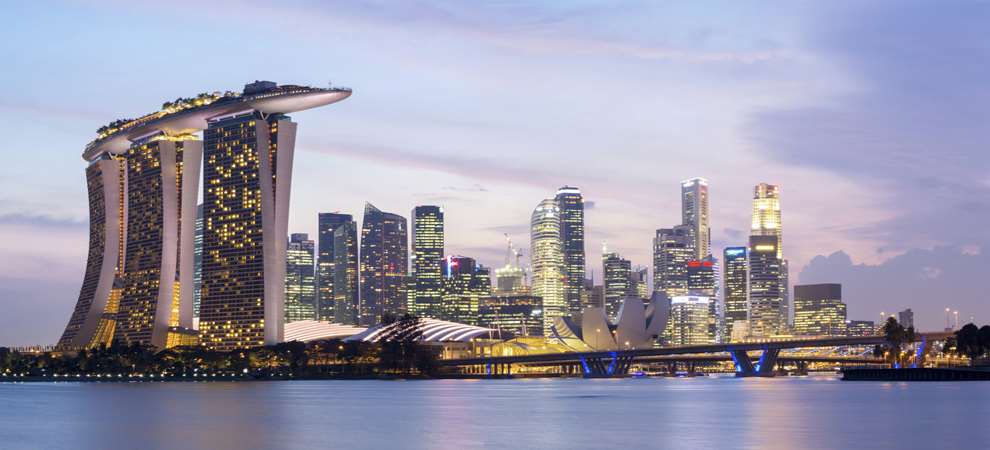According to Singapore-based EDMUND TIE real estate consultants, Singapore's non-landed private residential sales continued to grow for the second consecutive quarter, with new sales in Q3 2019 reaching 3,198 units, up 49.2 per cent from Q2 2019.
Accounting for the resilience, EDMUND TIE's chief executive officer, Ms. Ong Choon Fah, said: "Home ownership is ranked highly on many Singaporeans' list of priorities, and private housing remains a longstanding aspirational goal, both for first-timers and HDB upgraders."
"The injection of ample supply last quarter, amounting to some 6,900 units island wide, provided home seekers with abundant options and in tandem with competitive pricing, outstanding design and good locational attributes, catalyzed a substantial volume of conversion. Demand was project specific and uneven across the market. The surge in demand was mainly attributed to projects such as Parc Clematis, Piermont Grand, Avenue South Residence, Treasure at Tampines, One Pearl Bank and The Florence Residences", she added.
The Outside Central Region (OCR) drew the crowds in Q3, recording a quarter-on-quarter (q-o-q) growth of 67 per cent and accounting for nearly 47 per cent (or 1,492 units) of the total sales volume.
The most popular apartment sizes ranged from 500 sq. ft to 1,000 sq. ft, and at prices between $1m - $1.5m, units remained affordable for young households or singles, as well as for investors and upgraders with modest capital outlays.
In Q3, the proportion of new sales between $1m and $1.5m saw a q-o-q increase of 6.4 per cent to 47.1 per cent, up from Q2's 40.7 per cent. Pricier apartments above $2m, however, lost some traction as buyers and investors remained price conscious: the proportion of new sales for the high-end segment declined from 13 per cent in Q2 to 10 per cent in Q3. Approximately 79.6 per cent of Q3 transactions, up 1.8 percentage points from Q2, were by Singapore citizens (SCs). Foreigners (NPRs) accounted for 7.1 per cent of Q3 transactions, up from 5.9 per cent in the previous quarter. Purchases by Singapore Permanent Residents (SPRs), however, declined marginally by 1.5 percentage points after two consecutive quarters of increase.
"While the general outlook remains relatively cautious, the underlying demand is resilient," said Ms. Ong, "with confidence in Singapore properties as a reliable asset class that can be held over the long-term."
With Singapore's reputation as a safe haven for property investment, the Urban Redevelopment Authority (URA) non-landed price index has in fact been on the uptrend since late 2017, while land sales for Q3 has doubled quarter-on-quarter (q-o-q) to $1.9bn as developers continued to replenish their land banks.
"Internally, Singapore is backed strong economic fundamentals, as well as sound fiscal and monetary policies" Ms. Ong continued. "Externally, good progress made on the RCEP - in conjunction with the upcoming CPTPP and our extensive network of FTAs - will secure our position as an important node on the global network. This will help mitigate some of the risks that an open economy like Singapore faces and foster confidence for long-term investments, which includes home ownership."
Please
contact us in case of Copyright Infringement of the photo sourced from the internet, we will remove it within 24 hours.
